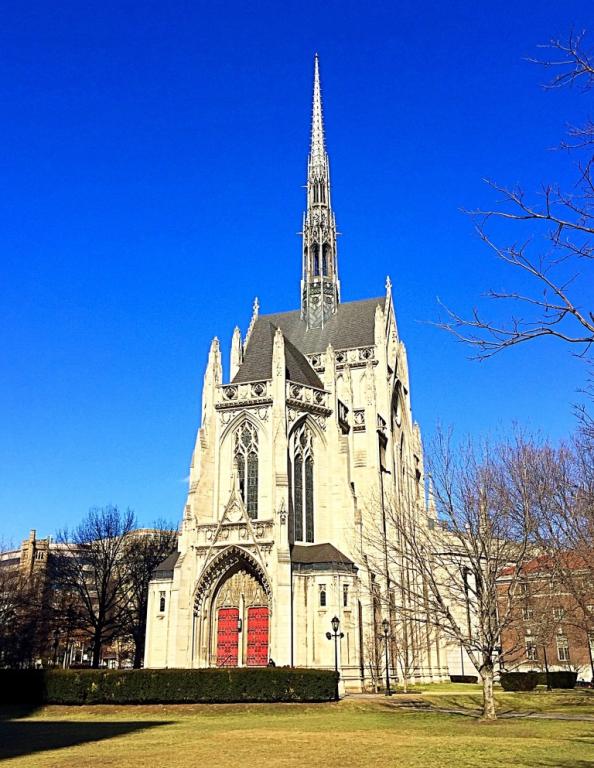“You can get all A’s and still flunk life.”
Most weeks I have reason to remember these wise words from Walker Percy; they are a warning lurking around the corner of everyone’s heart. And this week is no exception, especially because it was in the mountains of North Carolina that they came to life in his novel, The Second Coming.
A native son of the South, Percy experienced the worst traumas that human beings know, and still lived. After the severe wounds of his father’s and mother’s suicides, horribly hurtful as that was, he longed for something to count on, and chose the certainties of science. Facts are facts, after all—and you can depend upon them. His hopes took him to medical school at Columbia University, where after four years of study he suffered one more deep disappointment, contracting tuberculosis in his first year of residency. (I have told his story extensively in the Visions of Vocation book.)
Facing the great questions of the 20th-century his own soul—who are we? what are we? does life make any sense? –over the next 20 years he wrote and wrote, and almost no one wanted to read his writing. But in his 40s, he tried again with the novel, The Moviegoer, which amazingly won the National Book Award for Fiction, and catapulted him into a literary prominence that earned him acclaim as one of our best storytellers.
The Second Coming tells the tale of Will Barrett, who after having his “wealth event” on Wall Street, chooses an early retirement to a life of golf in the mountains near Asheville, North Carolina. But he finds that his long hopes for happiness slowly unravel, and that a life of playing is ultimately boring. The story examines what it means for someone to have achieved great success, and yet still be profoundly unhappy, i.e. to get all A’s and still flunk life.
For two days I am speaking to the faculty of Montreat College, set in these same mountains. They have read the Visions book, and I was asked to give several lectures exploring its themes, especially for what they mean for higher education. A small college in a beautiful setting, it has drawn a group of men and women with rich and deep passions for teaching.
Last night Meg and I had dinner with two are serious scholars of Percy’s work, one in American literature and one in intellectual history—and we talked for hours over the meaning of his work and life. A wonderful gift to me.
Percy saw his work as novelist as “a physician of the soul.” Reading him over many years, I am sure that he understood his vocation with a rare self-awareness. He was remarkably gifted at understanding the human heart—especially the human heart born into the modern-becoming-postmodern world.
And I have taken his vision wherever I have gone: from California to Massachusetts, from London to Beijing. The longer I live with his insights, the more sure I am that he was in fact a remarkably able diagnostician, novelist as he was. In and through his stories, he saw into our hopes and heartaches, our glories and shames, seeing us as we are, as he himself was… a pilgrim in the ruins.
(Photo is from Montreat College, and view out the window of where I am speaking. And A Pilgrim in the Ruins is a biography of Walker Percy by Jay Tolson, and is very, very good.)











